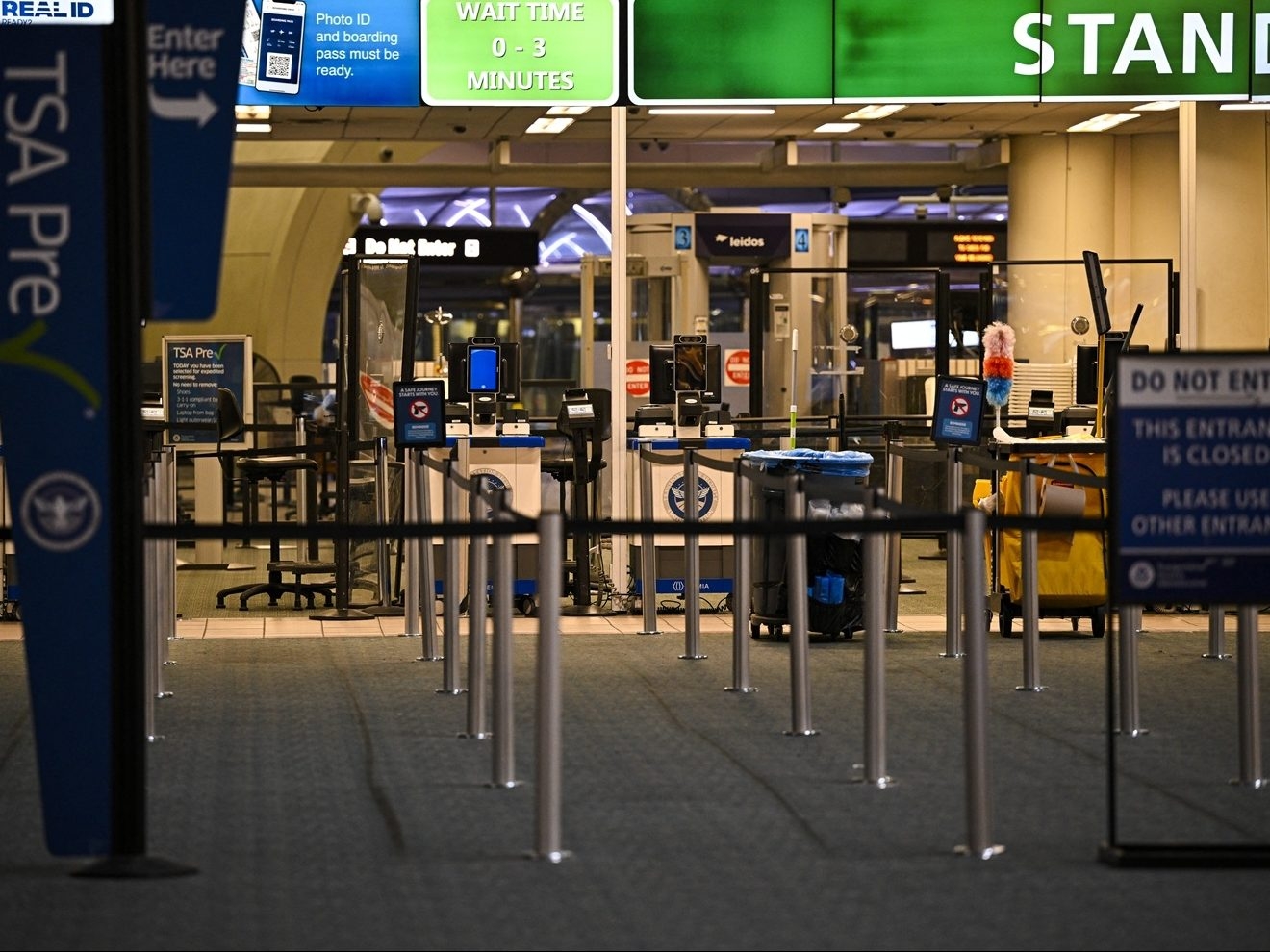A sweeping shift is underway in Ontario’s education and housing landscape, as the provincial government moves to significantly curtail debate and bypass traditional public hearings on key legislation.
The move, spearheaded by government house leader Steve Clark, aims to fast-track three bills through the legislature, including one that grants the Education Minister unprecedented control over school boards. This comes as the legislature resumes sitting after a lengthy summer recess.
Education Minister Paul Calandra has already placed five school boards under direct supervision, and the proposed legislation would dramatically expand his authority. He could appoint supervisors to additional boards and increase the presence of police officers within schools.

Calandra has openly stated his intention to intervene in boards, even those with budget surpluses, demanding they redirect funds back into classrooms and bolster teacher support. The Near North District School Board, recently cited for “overwhelming dysfunction” in a government report, appears to be a primary target.
This isn’t an isolated incident. Last month, the government employed a similar tactic, accelerating three other bills and sidestepping public input on legislation that ultimately dismantled the province’s speed camera program.
Opposition leaders are sounding the alarm, arguing that bypassing committee hearings – a crucial stage for public feedback and potential amendments – undermines the democratic process. Liberal parliamentary leader John Fraser emphasized the need for thoughtful deliberation, a quality absent when committee time is eliminated.
Green Party Leader Mike Schreiner pointed to the government’s history of legislative revisions and reversals, suggesting that ample time for amendments is essential. He believes the current approach risks further missteps and necessitates thorough scrutiny.
NDP Leader Marit Stiles condemned the move as “an affront to democracy,” highlighting the importance of public participation in shaping legislation. The committee stage provides a vital platform for citizens and advocates to voice their concerns and contribute to the refinement of bills.
Alongside the education bill, a housing bill is also facing expedited passage. While the government claims it will streamline home building, critics fear it will disproportionately favor landlords, making it easier to evict tenants and tilting the scales at the Landlord and Tenant Board.
The speed with which these bills are progressing has ignited concerns about transparency and accountability, raising questions about the government’s willingness to engage in genuine dialogue and consider alternative perspectives.
Recent developments include the tabling of a bill that could lead to the removal of a school board trustee involved in a recent trip to Italy, further illustrating the government’s assertive stance on school board governance.
The government had initially signaled potential changes to rental tenure rules but has since retreated from that position, demonstrating a degree of responsiveness to public pressure, though the broader trend of accelerated legislation remains a concern.





